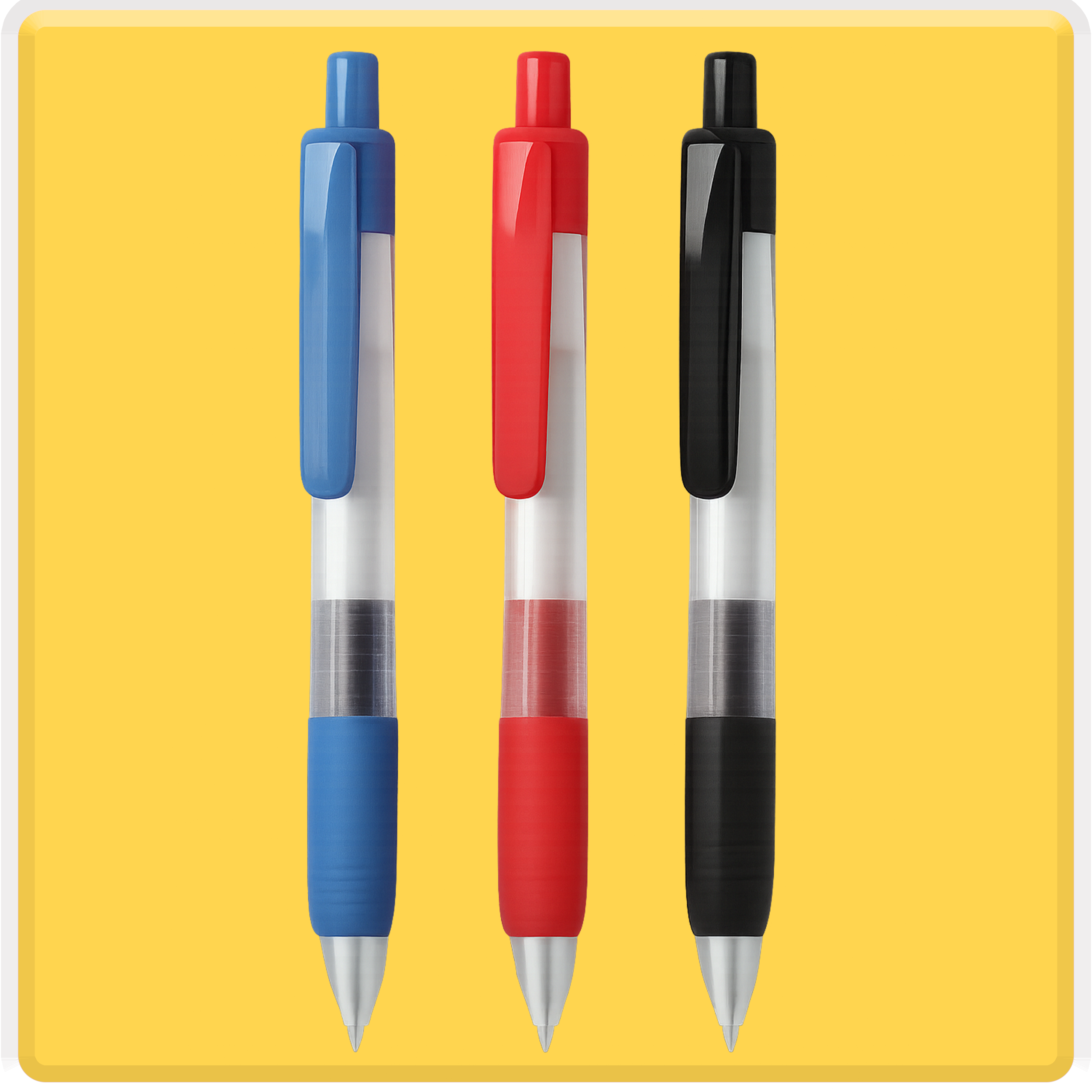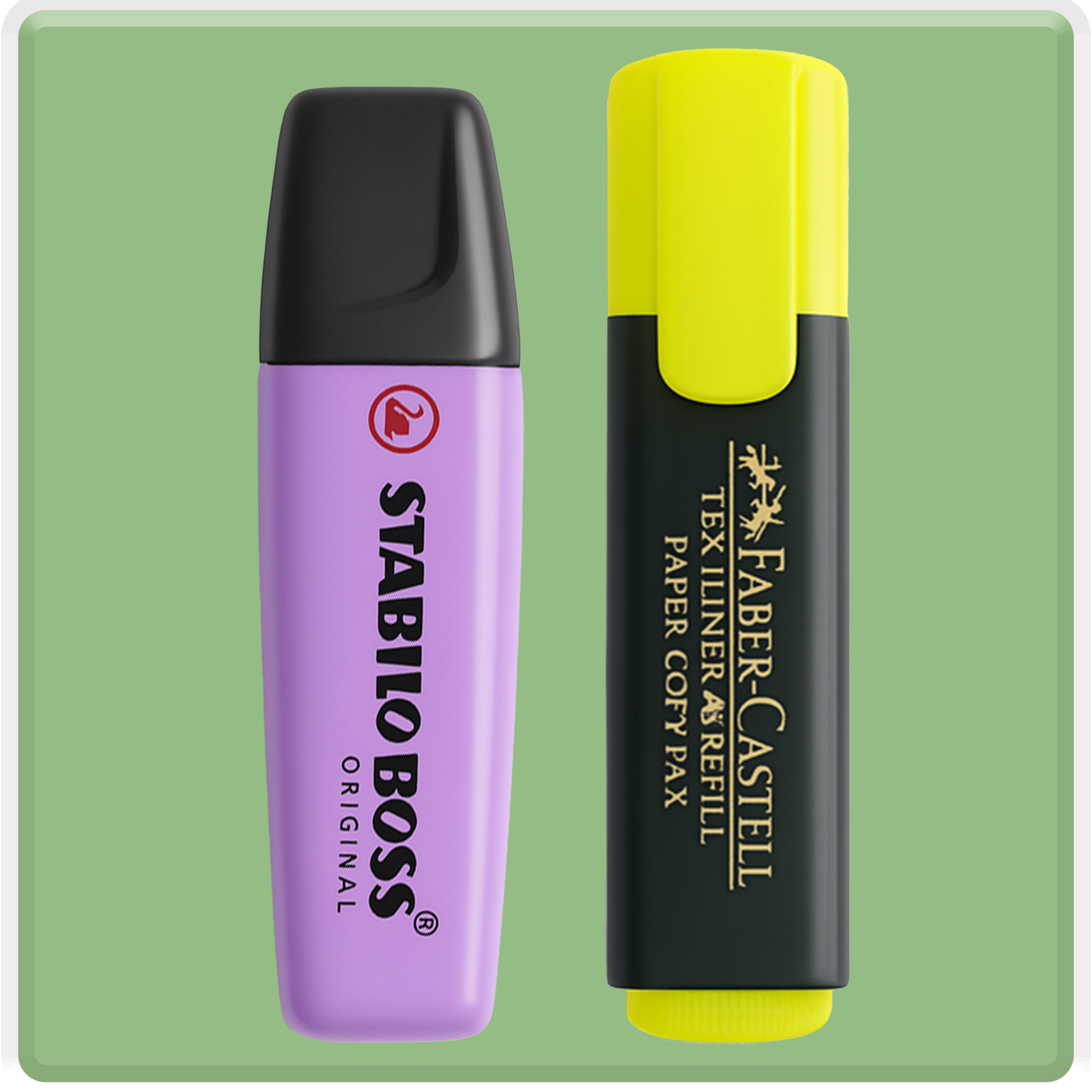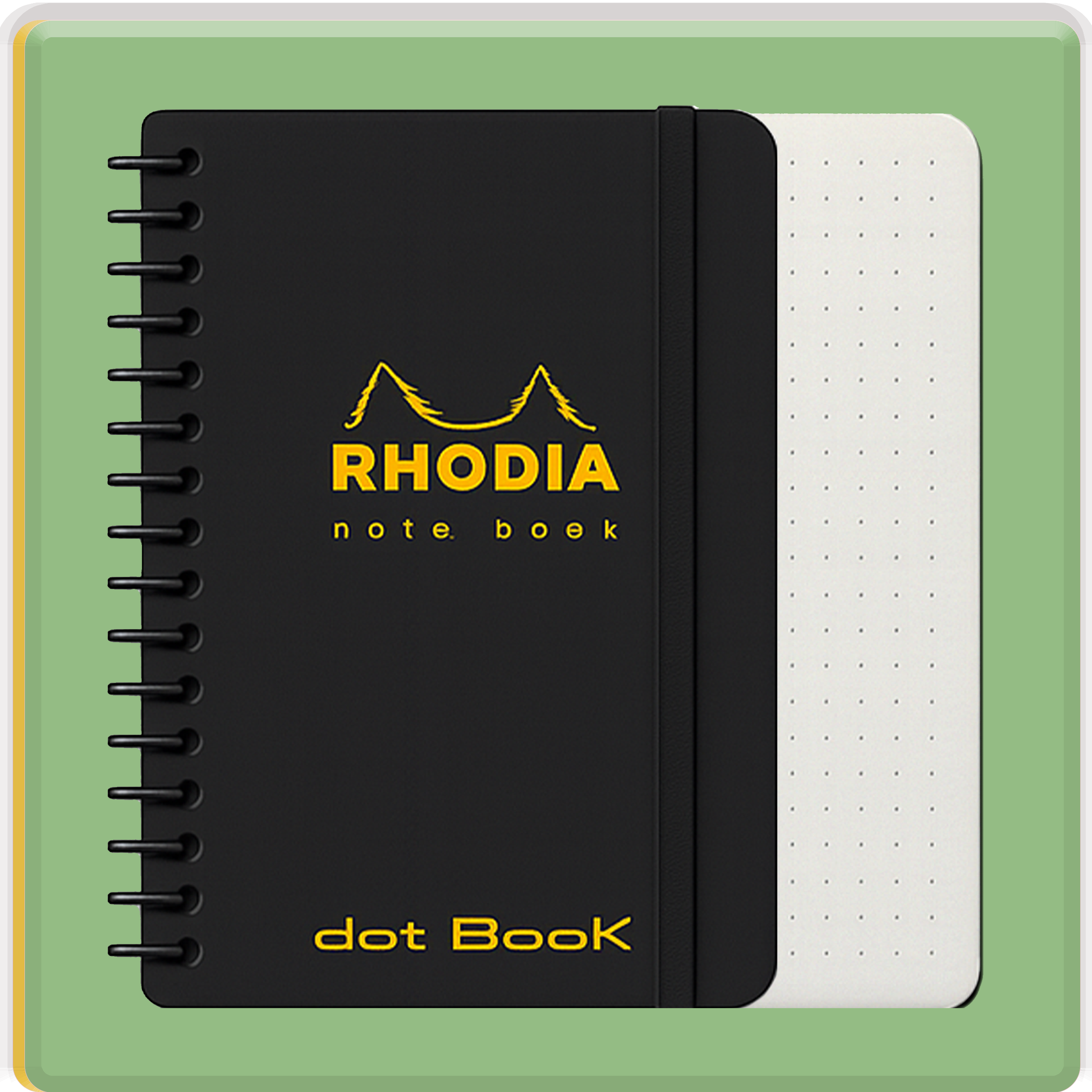Marie Kondo, author of "The Life-Changing Magic of Tidying Up: The Japanese Art of Decluttering and Organising," is a well-known organisational expert.
Her method is twofold: first, examine everything you own and ask yourself if it brings you joy; if it doesn't, get rid of it. Second, once you've determined whatever products bring you the most delight, put them in a conspicuous and accessible location.
Although it may seem straightforward at home, figuring out the ideal method to organise your workspace at work can be difficult. Does anyone's planner or stapler, after all, "spark joy"? No, I doubt it.
But, whether you follow Kondo's "KonMari Method" or take a different approach, these expert recommendations will help you change your office from a cluttered disaster to a functional space that fosters productivity.
Consider decluttering as a time-saving activity

"You may assume you don't have time to organise your office," says Marty Basher, a home organisation specialist at Modular Closets.
Keep track of your schedule and make a weekly plan with help of a weekly planner.
"It doesn't count if you reorganise and move heaps now and then. Clearing your desk doesn't help unless you swipe the debris into a container or a desk drawer. A somewhat clean and ordered office space allows for increased productivity and less time spent."
And, as Basher points out, it doesn't have to take all day. Rather than a one-time, all-day event, do a little at a time, as if it were an ongoing activity.
Create a mental image of your ideal situation

Before you start, think about your ideal work-life, says Kristyn Ivey. She is one of Chicago's first professional organising consultants specialised in the "KonMari Method" of tidying up.
Think of a project you would like to work on or a new role you would like to take on as you visualise your career aspirations. Keep this thought in mind as you tidy, since it will help you make decisions.
A sleek and modern office supply organiser that has a built-in tape dispenser will help you conserve space on your desk.
Make a Spacious and a Clear Workspace

"A cluttered desk or office leads to misplaced ideas and documents, delayed workflow, and lower productivity," said Dorothy Spira, an Evernote community specialist. “
An attractive Pen holder that has four parts for pens, pencils, scissors, scales, glue sticks, and other small items would make the perfect choice to help with a clear workspace.
There are various ways to organise, but if you're working on a project that demands 'deep work,' you'll want to keep your workspace free of visual distractions.
Clear that stack of papers on your desk and close those extra tabs on your computer browser to reclaim control of your job.
Even though many people believe they function "better" when they have a lot of stuff in front of them, this is not the case.
Reclaim the control of your Office space

"People become worried when they don't feel in control," said Ben Soreff of House to Home Organising.
You can work better and more productively if you reclaim control of your workstation.
A clear, open surface is one of the most crucial organisational tools.
"Think of a workstation that genuinely allows you to focus on a project, not merely the look of an empty desk," Soreff added.
Many people leave papers or files out on their workstations to remind them to complete projects. Instead, concentrate on the action and simply use a Post-It note or a phone app to keep track of the reminder or to-do.
After cleaning up your environment, Ivey recommends wiping off vertical and horizontal surfaces, keyboards, screens, and bookshelves to improve your health and show your items the respect they deserve for working hard for you every day.
Reconsider your possessions and Be Ruthless

Kate Hart, the owner of a London-based moving company, suggests asking yourself a series of questions if you're not sure what should stay and what should go:
- Is there a reason for this item?
- Do you still use it regularly?
- Do you have it because you need it or because you think you might need it? When do you think you'll need it?
- Were you even aware that it was there?
She claims that "clutter arises because our brain convinces us that everything is significant." "Well, at least not all of the time!"
To make a decision easier, ask yourself these basic questions. Even if you don't like the answer, you should be able to figure out what to do with it based on the answers to those questions."
Category Organising

The next step is to organise by category. Focus on books, paper, office supplies, technology, and sentimental artefacts for desks, according to Ivey.
A business folder with ample storage capacity that can meet a variety of needs is the perfect option for category organising.
"Pick up each thing and ask yourself if it sparks joy,'" Marie Kondo says.
To demonstrate thanks and encourage positive energy in the form of fresh possibilities, discard non-joyful stuff with a "thank you." If some of your supplies are 'utility' things, think about how much joy they bring you when you use them rather than the form or design."
If you'd rather take a less emotional route, simply be brutal and realistic.
"Clean off your desk whatever you haven't used in the last week," Basher advises.
We hope this information aids you in your quest to design an office space that you enjoy. Your house and office should bring you delight, and by cleaning them up, we're confident that they'll become a new source of inspiration for you to do great things. Good luck with your decluttering!








